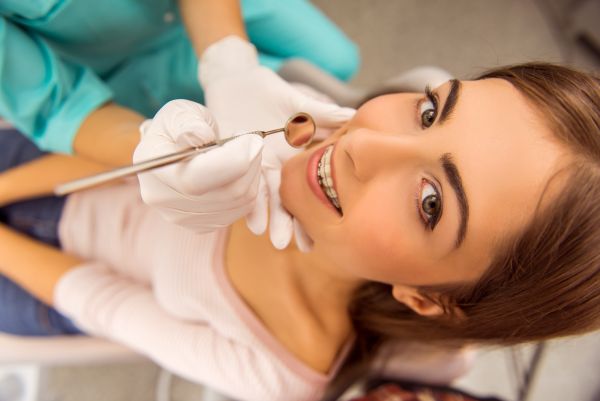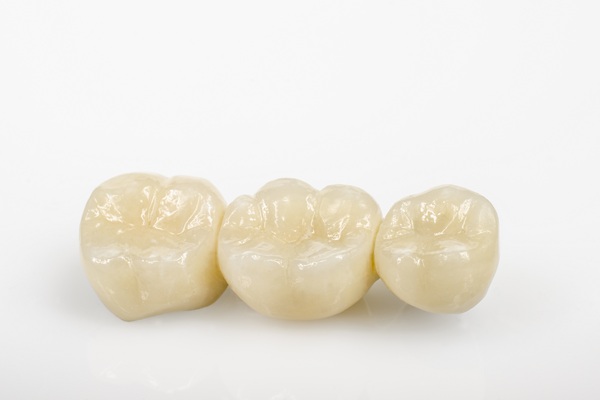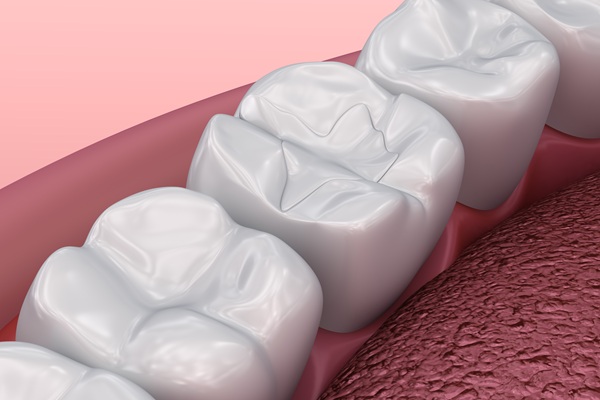3 Tips From a Preventive Dentist to Protect Your Natural Teeth

Natural teeth serve a very important function, and a preventive dentist can ensure they stay protected. They are the first line of the digestive system as they are used to grind down food into smaller bits that can be easily swallowed. Teeth also help in speech and communication. They are necessary to pronounce certain words, like those that contain the letter "T", and they are also used to communicate non-verbal messages, like how friendly a person is.
Natural teeth are the strongest part of the body. They are even stronger than a person's bones. However, teeth are also exposed to more things that can damage them than other parts of a person's body. For example, when a person eats, their teeth have to withstand significant forces as they grind down on food. Teeth are also exposed to corrosive acids that are found in certain foods, like citrus fruits and acids that are manufactured by oral bacteria.
For many people, the end result of this constant bombardment is the eventual loss of some of their natural teeth. Fortunately, all of that can be avoided. A person can increase the odds of their teeth lasting a lifetime by taking good care of them.
How to protect natural teeth
1. Practice good oral hygiene
The best foundation for healthy teeth is good oral hygiene. Oral hygiene helps to reduce the bacteria count in the mouth and it removes things that can damage teeth like plaque, food particles and acids. These things tend to be most harmful to teeth when they are left on them for extended periods.
- Good oral hygiene starts with brushing teeth at least two times every day. One of those times should be in the morning before or after breakfast, while the second brushing session should be right before going to bed
- Saliva serves as a natural cleaner for teeth, and its production is reduced while a person sleeps. Combine that with the fact food particles and bacteria have had all day to accumulate on the teeth and one gets a recipe for tooth decay
- Flossing is also a major aspect of good oral hygiene. The bristles of a toothbrush cannot reach the tight spaces between a person's teeth so floss is needed to remove plaque and food particles from these spaces
- Patients should consider adding a quality antibacterial mouthwash to their oral hygiene routine. This helps to clean the places even floss cannot reach and kill bacteria
2. Eat wisely
As was mentioned earlier, there are many foods and beverages that can damage a person's teeth. Foods that contain lots of sugar should be avoided as well as those that are acidic in nature. When these types of foods are eaten, the mouth should be rinsed with water afterward.
3. Visit a preventive dentist biannually
Visiting a preventive dentist twice a year goes a long way when it comes to protecting natural teeth. Tartar is removed from teeth surfaces and an oral examination is performed. This gives the dentist a chance to detect any developing issues before significant damage is done to the person's teeth.
Take good care of your teeth and the odds of you ever losing them during the course of your life is significantly reduced. Talk to a dentist to learn more about oral care.
Get started!
The sooner you start, the better your chances of preventing poor oral health! Contact a preventive dentist for more information about how to best protect your natural teeth.
Request an appointment here: https://www.myddsny.com or call Inna Goykman-Amir DDS at (718) 416-6364 for an appointment in our Brooklyn office.
Check out what others are saying about our dental services on Yelp: Preventative Dental Care.
Related Posts
If you desire a more aesthetically pleasing smile, dental veneers are options that you should consider. Veneers are thin, customizable shells created to cover the front sides of the teeth. A dentist will often suggest this option when there are imperfections on the teeth, some of which are covered in this article. Continue reading to…
In general dentistry, fluoride treatments are common. Fluoride is a mineral found in bones and teeth, as well as water, plants, soil, rocks, and air. When used by dentists, fluoride strengthens tooth enamel. Therefore, dentists generally use fluoride as a preventative treatment against cavities. Additionally, fluoride can be found in most public water supplies. In…
Your experienced general dentist can repair your cavities. Assessing your teeth will come first. Then, the dentist will discuss the treatment options with you. Knowing which option can help you the most can prepare you for the visit. Here are the details about the different cavity treatments that your general dentist can discuss with you.The…
General dentistry offices are responsible for the primary dental care of people of all ages. Dentists perform routine care and maintenance to keep your smile healthy and beautiful. The visits also help dentists diagnose dental issues that may not have obvious symptoms yet. Many people wonder how often they should see their dentist. The answer…


